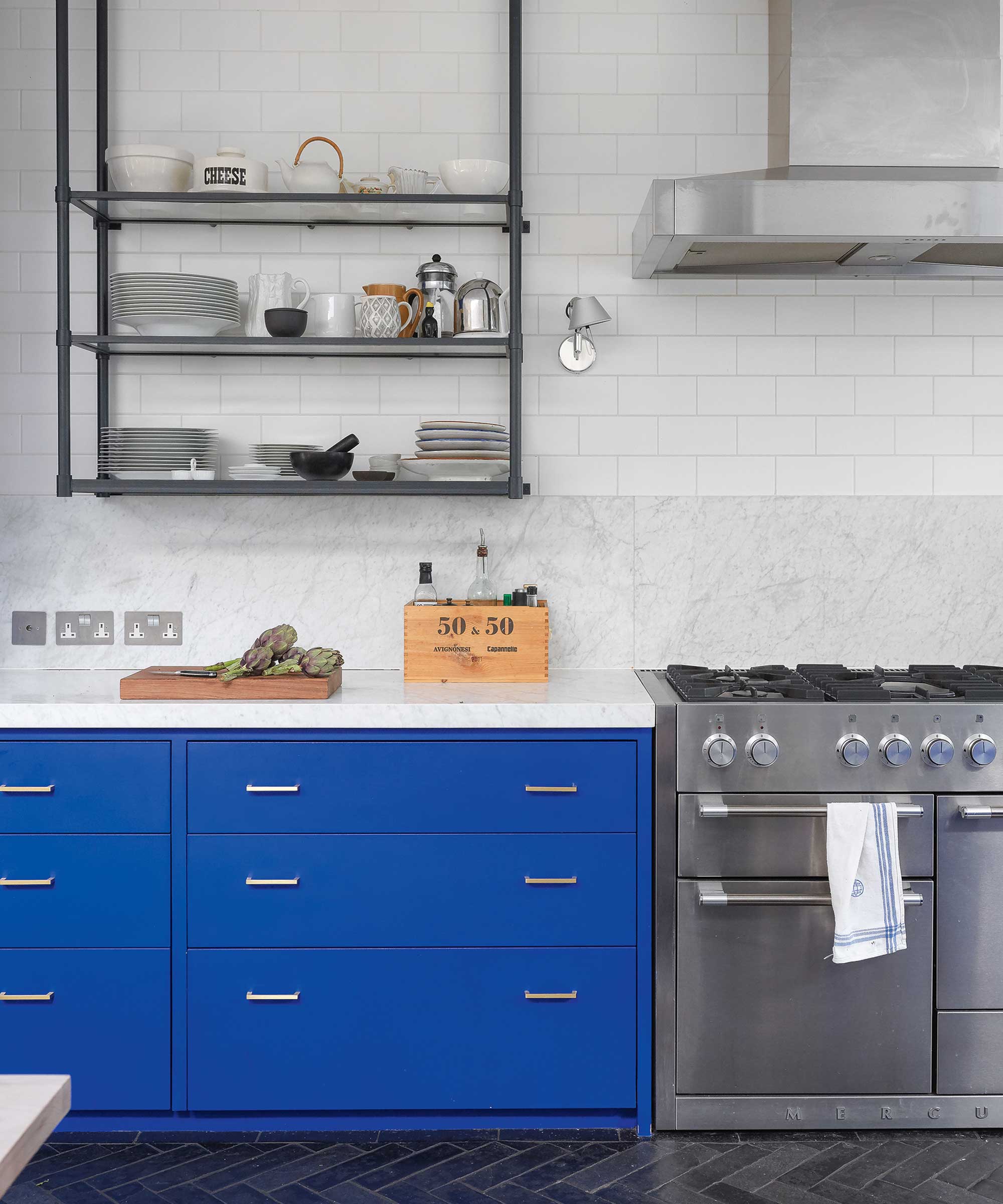
Having a clean oven is essential for day-to-day life. We use our ovens constantly to cook and reheat food, so it is important that these appliances are clean to avoid any transfer of dirt or bacteria, and to ensure our food tastes as it should (yes, a dirty oven can affect flavor).
Some parts of the oven are more likely to get dirtier than others after extensive use. Understanding how to clean an oven will help you tackle the grime and bring it back to life, and knowing how often to clean it will help to increase its lifespan.
There are many brands and models of oven on the market, so by ensuring you keep a consistent cleaning schedule will ensure your oven's performance lasts.
How often to clean your oven, according to experts
There are various factors that determine how often you need to clean your oven, such as how often it is used, what type of foods you cook in it, and how old the appliance is.

According to Ralph Abundo, director of Canberra Bond Cleaning, smaller households should aim to clean an oven approximately every three to six months. By cleaning it at least quarterly, you will improve and maintain its overall performance. He continues by saying that families or larger households that use the oven more frequently should aim to clean every one to three months.
Regular cleaning prevents grease and food residues from building up in the oven and causing fires. Neglecting oven cleaning can cause smoke and aromas that influence food taste. Grease and food particles can also damage the oven's heating elements and shorten its lifespan.
Which factors influence how often you should clean your oven?

Usage frequency: ‘How often you use your oven is one of the most determining factors affecting how often you need to clean it,’ says professional cleaning expert, Angela Rubin from Hellamaid. ‘This guarantees that your food retains its original flavors and is free of any stale residue while also keeping your oven in good condition.’
High-temperature cooking: Cooking at high temperatures regularly can also lead to more dirt. This is because some foods release more grease at higher temperatures which then leaves more food residue. Over time this builds up and requires attention.
Self-cleaning capabilities: Some new ovens have self-cleaning capabilities. If your oven includes this feature then you will not have to conduct a deep clean as often. It is important that you read the manufacturer's instructions on how to use yours safely.
Weekly maintenance: One way to keep on top of your oven’s cleanliness is with weekly maintenance or cleaning as you go. ‘A weekly wipe-down of the oven door, control panel, and exterior can help maintain its appearance and prevent grime from building up,’ says Angela Rubin.
How can you tell it’s time to clean your oven?

Fortunately, it is easy to see when your oven needs cleaning. Zeynep Mehmetoglu, cleaning expert and co-owner of Maid Bright, says that neglecting oven cleaning can cause smoke and aromas that influence food taste. The oven door and its glass panel may need to be cleaned if your visibility of the oven’s cavity is obscured by baked-on residue. Any of these signs should be a strong indication that your oven is due for a deep clean.
There are various products on the market that you can use to clean your oven including oven sprays, at Amazon and pumice stones, also available at Amazon.
What are the benefits of having an oven cleaning routine?
Regular cleaning minimizes the accumulation of grease and food residue, which can cause foul smells and even smoke when cooking.
‘It also keeps your oven looking presentable and improves its performance, extending its lifespan,’ shares Isla Zoey from Air Fryer Mag. ‘Additionally, a clean oven is more energy-efficient, as it can distribute heat more evenly.’
FAQs
What happens if you don’t clean your oven regularly?
Apart from being harder to clean in the long run, a dirty oven can affect your food in a negative way. The continuous burning of food leftovers in a dirty oven can develop carbon-based fumes. These fumes can change the taste of your food or anything else you are preparing with the oven.
The smoke released by a dirty oven is also bad for you; it can contain harmful gasses such as sulphur dioxide, nitrogen oxide, and carbon monoxide.
If you've recently cleaned your oven or had it cleaned, best practice is to give it a swift wipe out after it has cooled every time you use it. Over time, you will still need to clean your oven but there will be far less debris baked on and it will be quicker and easier to do.


.png?w=600)




